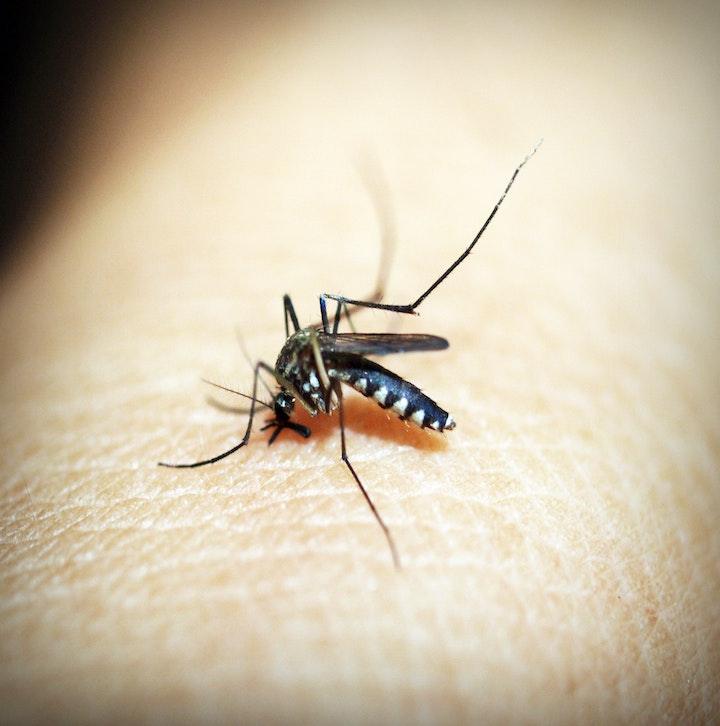
In this article we will cover topics such as:
The Environmental and Health Impact of Traditional Repellents
- Harmful effects of pesticides and insecticides in traditional repellents
- Concerns about the environmental impact and insect resistance caused by chemicals like Deet
Essential Oils as a Powerful Solution
- The untapped potential of essential oils as insect repellents
- Overwhelming evidence of effectiveness against insects from laboratory tests
- Synergistic combinations of essential oils for enhanced repellent effects
Essential Oils with Insect-Repelling Properties
- A shortlist of non-photosensitising essential oils recommended by experts
- Easy blends to maximise effectiveness and create pleasing scents
Insect-Repelling Essential Oils: A Natural and Eco-Friendly Approach
Traditional insect repellents often come with a cost to the environment and our health. Pesticides and insecticides present in these products release harmful chemicals into the air, contributing to pollution and climate issues. Fortunately, nature has provided us with a remarkable alternative – essential oils. In this article, we'll explore how essential oils can effectively repel insects while offering a safer and eco-friendly solution.
1. The Environmental and Health Impact of Traditional Repellents
When we use traditional repellents containing pesticides and insecticides, we inadvertently release harmful substances into the environment.
The chemical industry tends to overlook the pollution and greenhouse gas emissions associated with their production. Additionally, concerns about the environmental impact and insect resistance associated with Deet have arisen. It's important to consider these factors and explore alternative options.
2. Essential Oils as a Powerful Solution
Essential oils have long been used for their therapeutic properties, but their insect-repelling potential is often underestimated. While they haven't undergone formal testing under EPA standards, laboratory experiments and historical evidence highlight their effectiveness against insects. These oils, which have evolved naturally over millions of years, serve as a defense mechanism for plants against insect attacks.
It's time we leverage their power!
3. Essential Oils with Insect-Repelling Properties
Citronella, cinnamon, peppermint, geranium, patchouli, lemon eucalyptus, and lavender are among the essential oils known for their insecticidal and repellent properties. These oils offer a safe and natural alternative to the limited selection of effective insect repellents recognised by the EPA. By blending them with complementary oils, such as lavender, peppermint, or geranium, you can create customised repellents that suit your preferences and provide optimal protection.
- Citronella: Blends well with peppermint or lavender.
- Cinnamon: Complements lavender and patchouli.
- Peppermint: Works well with geranium and lavender.
- Geranium: Blends harmoniously with patchouli and peppermint.
- Patchouli: Complements geranium and lavender.
- Lemon Eucalyptus: Mixes well with geranium and lavender.
- Lavender: Blends well with geranium, patchouli, and peppermint.
Remember to reapply these oils periodically, as their volatile nature means they may remain effective for about 45 minutes before needing to be reapplied.
Conclusion: Natural Protection with Essential Oils
Embracing essential oils as insect repellents offers a natural, effective, and environmentally friendly approach to safeguarding yourself and your surroundings.
By using essential oils with insect-repelling properties, you can create customised blends that suit your needs while avoiding the harmful effects of traditional repellents.
Remember to supplement these measures with additional precautions like wearing appropriate clothing, using fans, and eliminating standing water to keep insects at bay.
Stay protected naturally, and enjoy the outdoors without worries.



0 comments